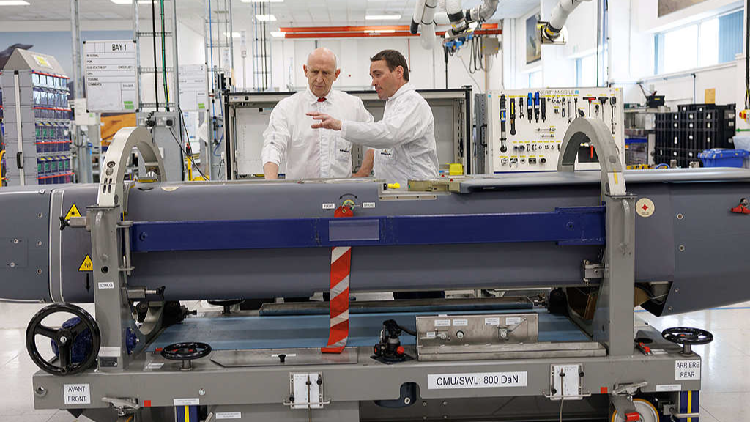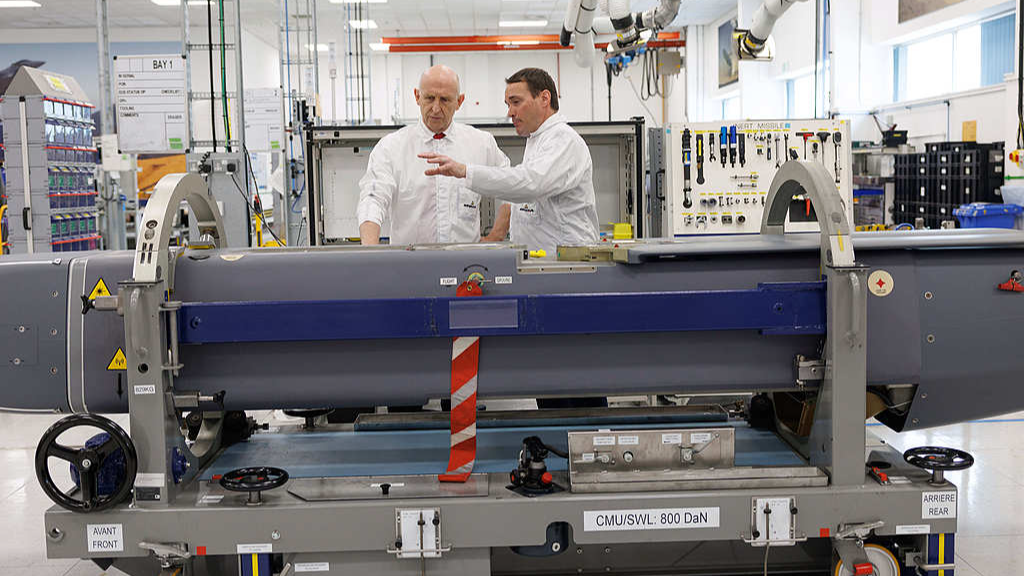UK Announces Expansion of Submarine Fleet to Strengthen Warfighting Readiness
UK announces plans to expand submarine fleet amid focus on strengthening warfighting readiness


The United Kingdom has announced a significant expansion of its nuclear-powered attack submarine fleet, marking a major step as the government prepares for a comprehensive defense review. The move signals a determination to invest billions of pounds to ensure the country is fully equipped to counter the challenges posed by modern warfare.
Prime Minister Keir Starmer, responding to recent calls from United States President Donald Trump for Europe to shoulder more responsibility for its own security, has fast-tracked measures to bolster Britain’s defense capabilities. Leaders across the continent are accelerating military investments and strengthening their armed forces amid rising global tensions and shifting strategic alliances.
The forthcoming Strategic Defense Review, scheduled for release on Monday, is expected to push for Britain’s armed forces to adopt a heightened state of “warfighting readiness.” The document will outline the evolving nature of security threats facing the UK and detail the cutting-edge technologies required to meet them effectively.
According to the Ministry of Defense, the UK will construct up to 12 next-generation attack submarines, equipped with nuclear propulsion but carrying only conventional weapons. These new submarines are set to begin replacing the current fleet of seven starting in the late 2030s. This ambitious project represents a substantial upgrade to the Royal Navy’s operational capacity and flexibility in projecting power abroad.
In a notable revelation, the government also disclosed for the first time that the ongoing program to develop a new nuclear warhead—intended for the UK’s separate nuclear-armed submarine fleet—will carry a price tag of €15 billion. This investment underscores Britain’s commitment to maintaining its nuclear deterrent independently.
“With new state-of-the-art submarines patrolling international waters and our own nuclear warhead program on British shores, we are making Britain secure at home and strong abroad,” declared Defense Minister John Healey, highlighting the dual objectives of national security and global influence.
The submarines will be designed as part of a joint effort between the UK, the United States, and Australia under the AUKUS security partnership, blending advanced technology from all three nations to reinforce allied naval strength in key regions.
Reacting to changed circumstances following President Trump’s remarks, Prime Minister Starmer has already committed the UK to increasing its defense budget. He has pledged to raise defense spending to 2.5 percent of GDP by 2027, with an eventual goal of reaching 3 percent—an attempt to reverse years of military downsizing and ensure the UK can face adversaries with advanced military capabilities.
In the lead-up to the Strategic Defense Review, the government has unveiled plans for multibillion-pound investments in munitions production, battlefield technology, and improved housing for service personnel. These initiatives are aimed at both modernizing Britain’s fighting forces and stimulating economic growth.
Among the highlights of the review will be the construction of at least six new weapons and explosives factories, the development of a “Digital Targeting Web” to integrate weapon systems using artificial intelligence for more precise identification and targeting, and the establishment of a new cyber unit to enhance both defensive and offensive cyber operations.
Further measures include advanced signal-jamming capabilities to disrupt enemy communications, alongside improvements to the often-criticized living conditions of service members—a move intended to boost recruitment, retention, and morale within the armed forces.
While the plans come at a time of tightening public finances and public discontent with the pace of economic recovery, the government argues that robust defense spending will not only ensure national security but also support jobs and drive technological innovation across the UK.




